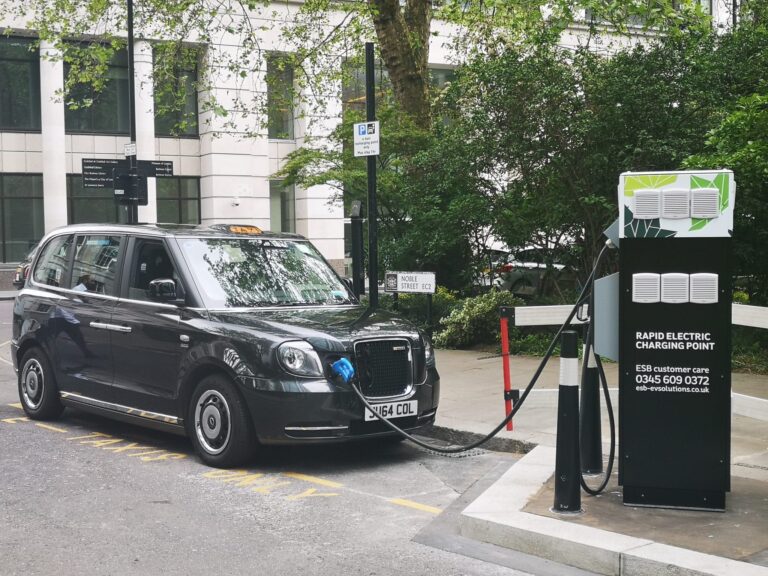UK transport secretary Grant Shapps has announced that an additional £2.5m will be made available to fund the installation of over 1,000 new electric vehicle (EV) chargepoints on residential streets across the country.
The funding will support the on-street residential chargepoint scheme, launched in 2017, which helps people access charging infrastructure near their homes when they don’t have off-street parking. It will go toward helping local authorities to install these chargepoints, which can be built into existing structures such as lamp-posts. The scheme aims to encourage people to choose an EV by making it easier to charge their cars near home, following a 158% increase in battery-electric vehicle sales compared to July last year.
The scheme has already seen 16 local authorities prepared to install 1,200 chargepoints this year. Shapps is now doubling funding for the scheme to meet demand and accelerate the take-up of EVs as the UK moves towards net zero emissions by 2050 and further improve air quality.
“It’s fantastic that there are now more than 20,000 publicly accessible chargepoints and double the number of electric vehicle chargepoints than petrol stations, but we want to do much more,” said Shapps. “It’s vital that electric vehicle drivers feel confident about the availability of chargepoints near their homes, and that charging an electric car is seen as easy as plugging in a smartphone. That’s why we are now doubling the funding available for local authorities to continue building the infrastructure we need to super-charge the zero emission revolution – right across the country.”
The allocation of funding for on-street residential chargepoints is part of the £1.5bn investment underpinned by the Road to Zero Strategy. The strategy is designed to enable the transition to zero-emission vehicles, supporting the move towards a cleaner, greener, accessible and reliable UK transport network.
As part of this, the government is also investing £37m into British engineering to develop electric chargepoint infrastructure that could help expand the UK chargepoint network for people without off-street parking.
Innovations to receive investment include underground charging systems, solar powered charging forecourts and wireless charging projects.





